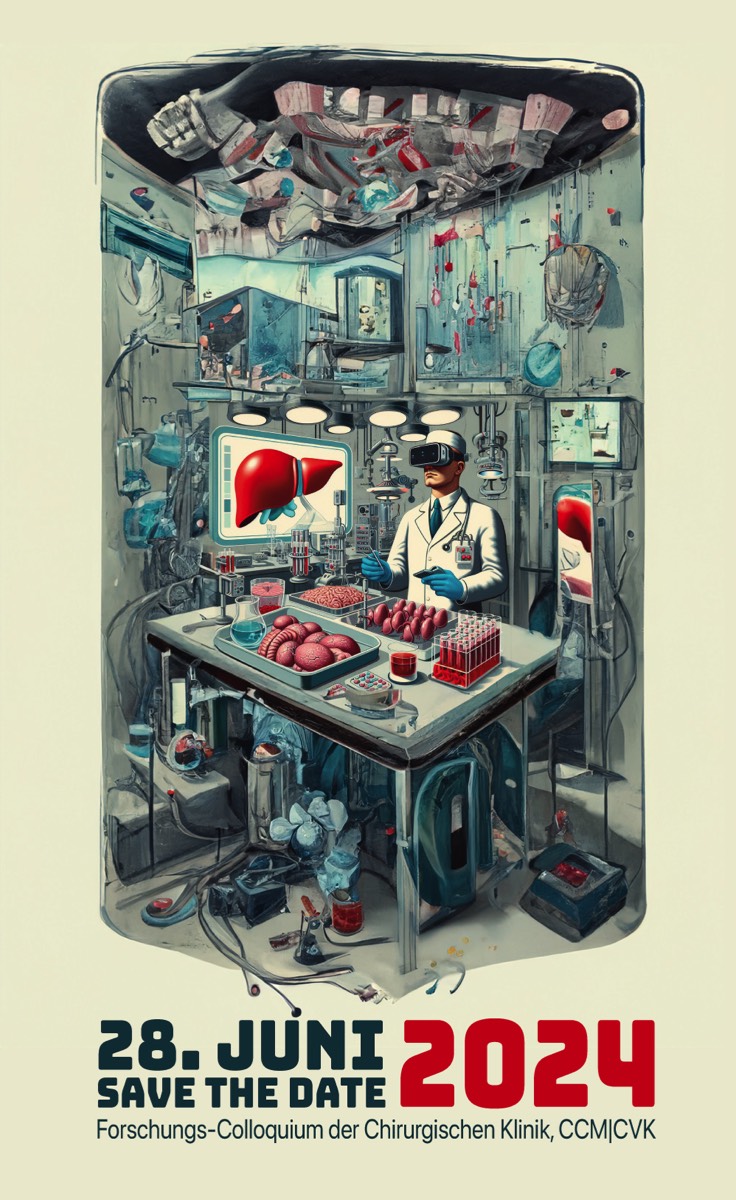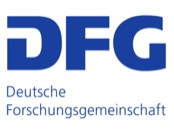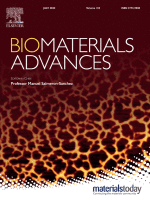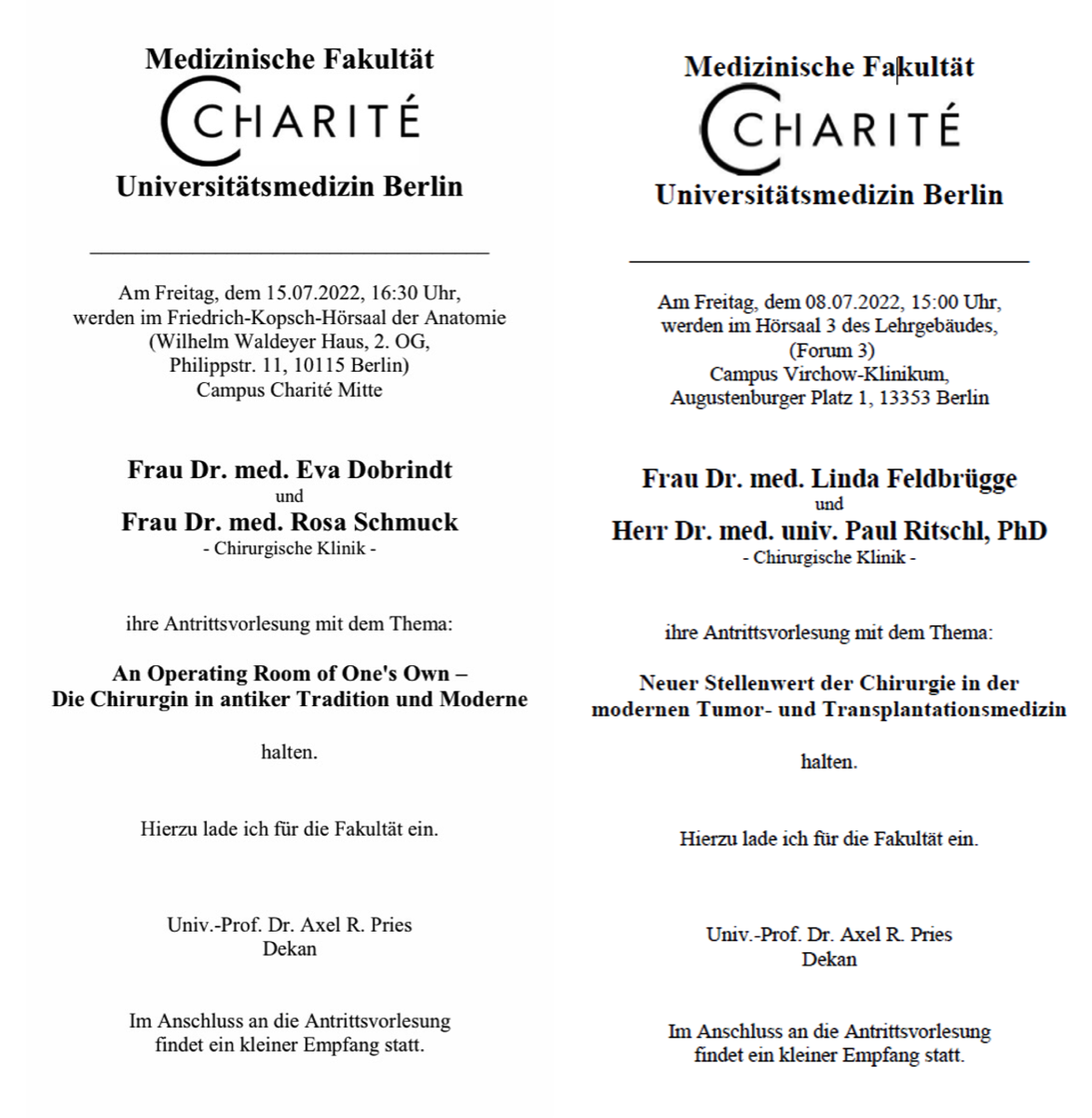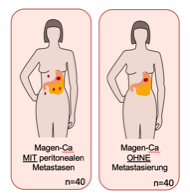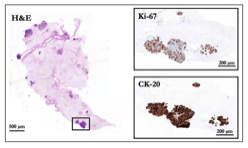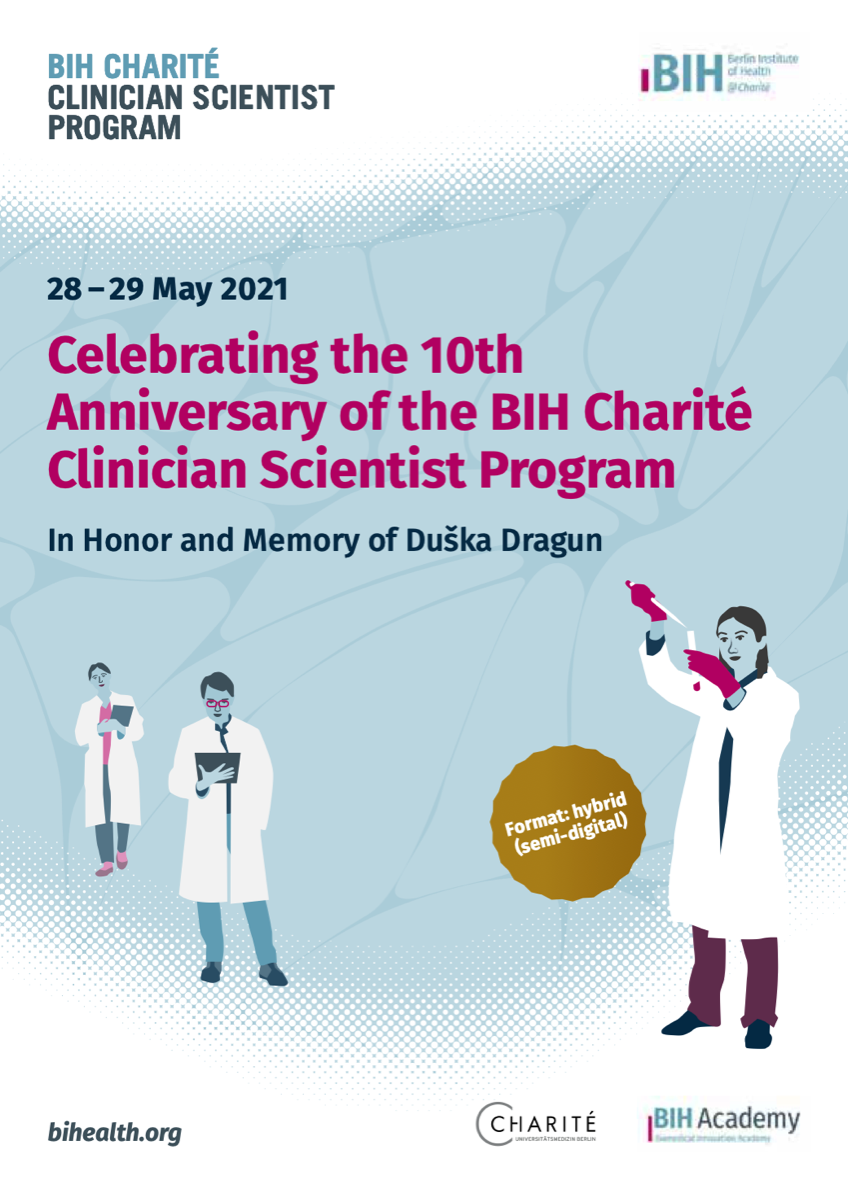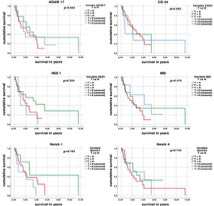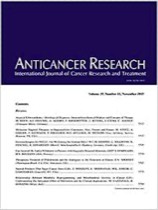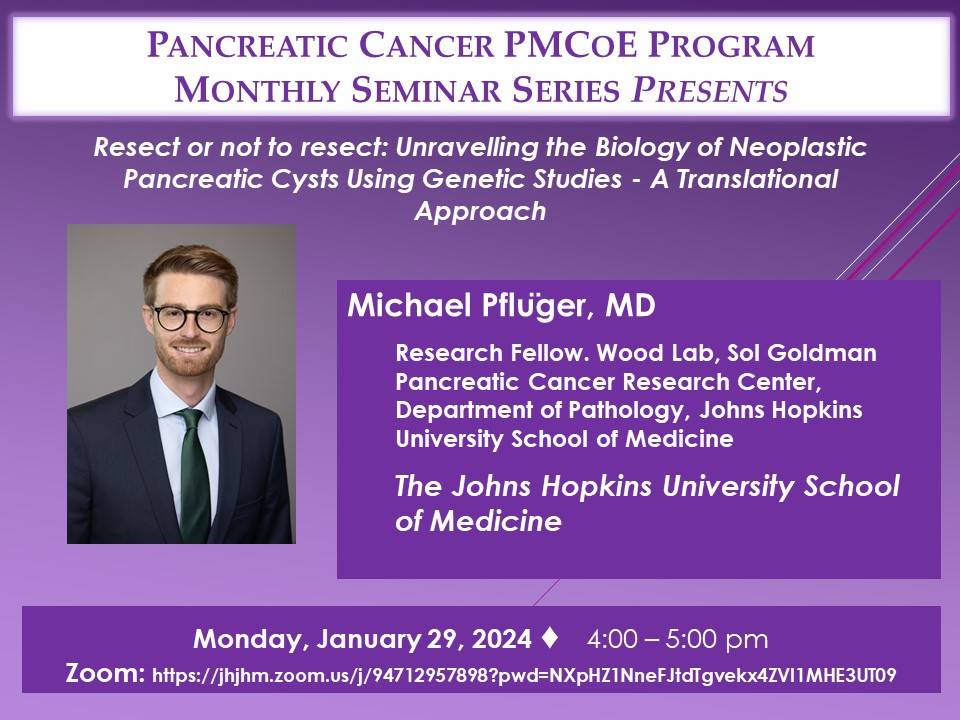
Michael Pflüger - currently research fellow at the Wood Lab, Sol Goldman Pancreatic Cancer Research Center, Department of Pathology, Johns Hopkins University School of Medicine - will present the translational work of the Wood Laboratory and the interdisciplinary management of pancreatic neoplasia at Johns Hopkins Hospital as part of the monthly interdisciplinary event series "The Pancreatic Cancer Precision Medicine Center of Excellence Program (PMCoE) Seminar Series".
"Resect or not to resect: Unravelling the Biology of Neoplastic Pancreatic Cysts Using Genetic Studies - A Translational Approach"
29.01.2024, 22:00/10 pm CET
Zoom link: https://jhjhm.zoom.us/j/94712957898?pwd=NXpHZ1NneFJtdTgvekx4ZVI1MHE3UT09


